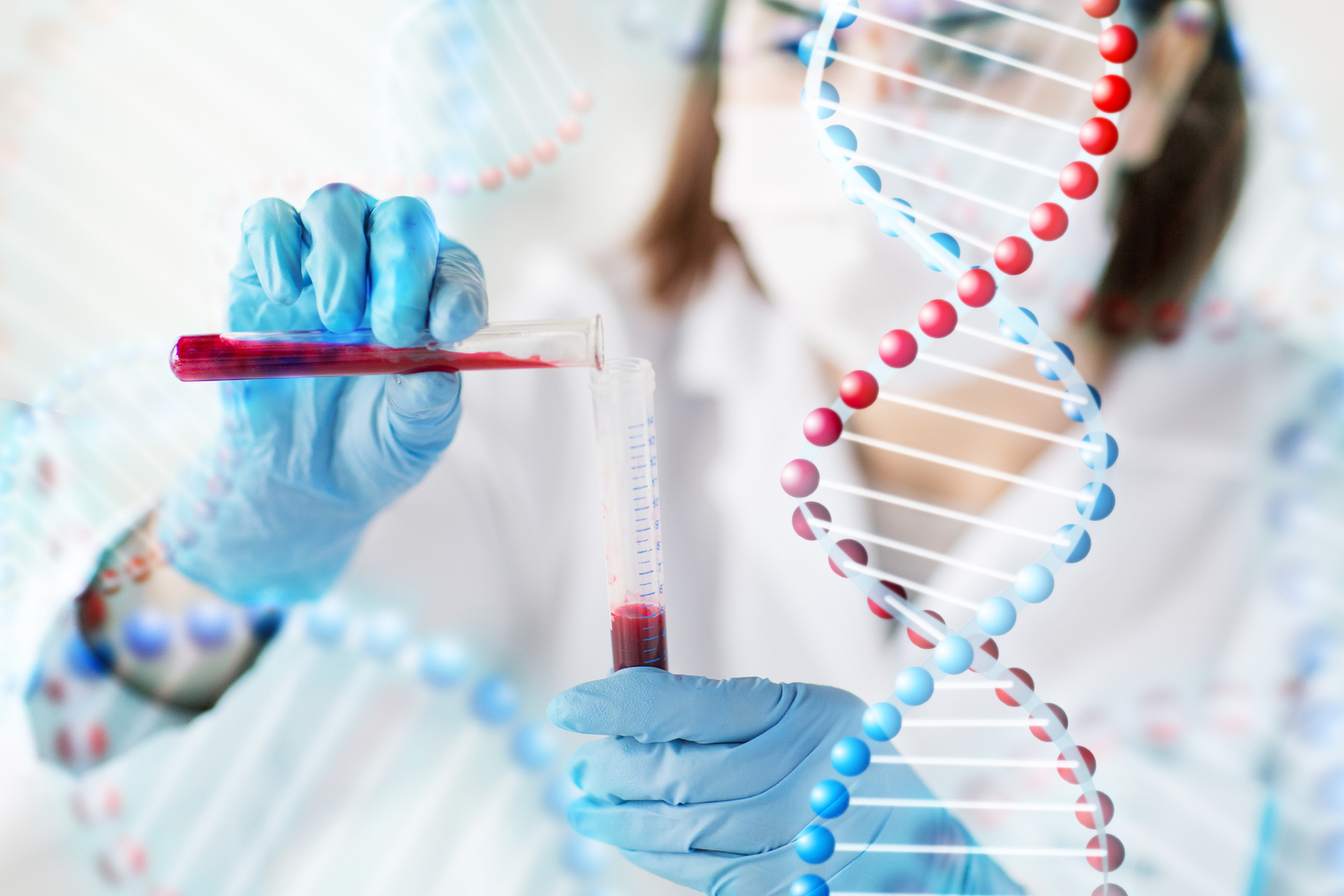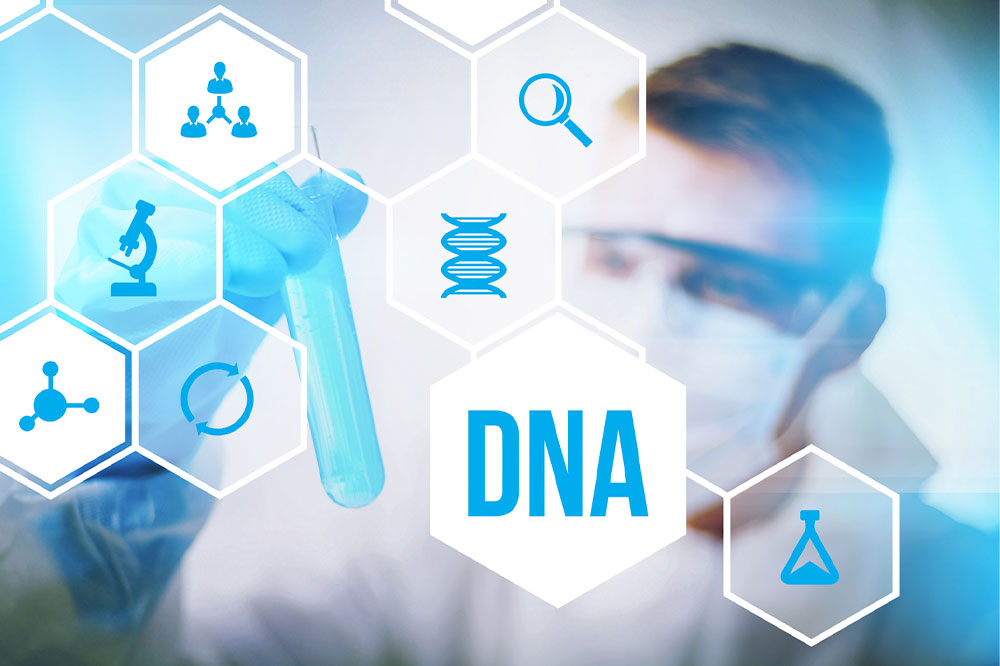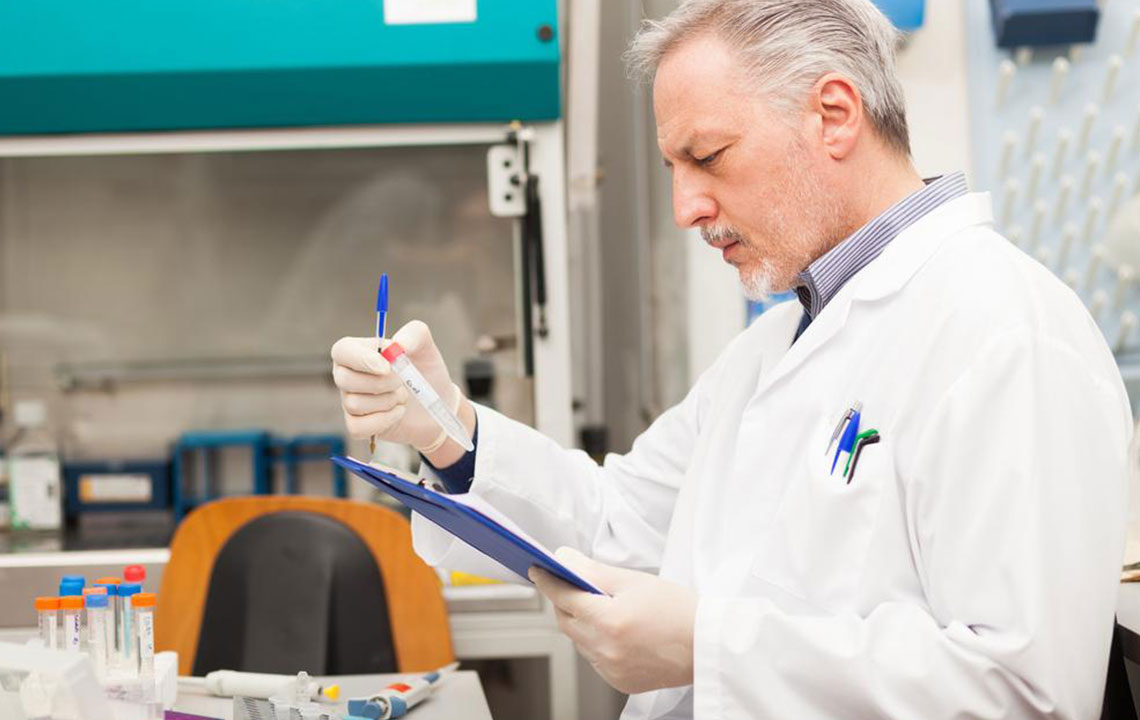The Significance of Genetic Testing in Health and Ancestry Insights
This article discusses the vital role of genetic testing in health risk assessment, ancestry tracing, and legal applications. It explains how DNA analysis helps detect inherited conditions and ethnic origins, emphasizing the importance of informed consent and professional guidance. The increasing availability of genetic labs makes testing a valuable tool for proactive health management and genealogical research.

Genetic testing, also called DNA analysis, involves examining an individual's genetic material to uncover crucial information about health, ancestral roots, and family connections. Every cell contains DNA, which serves as a blueprint for traits and disease susceptibility. This testing can detect inherited disorders, determine ethnic backgrounds, and trace familial lineage. For example, mutations in BRCA1 and BRCA2 genes are linked to increased risks of breast and ovarian cancers. Samples are typically collected through cheek swabs, blood, or saliva and analyzed in specialized labs. Results can inform health strategies, genealogical research, and legal matters such as paternity. Prior informed consent is essential to ensure understanding of the testing process and its implications. With the growing accessibility of genetic laboratories, individuals can take proactive steps in health management and family history exploration. Sharing results with healthcare providers optimizes benefits, but expert interpretation remains important for accurate understanding.


